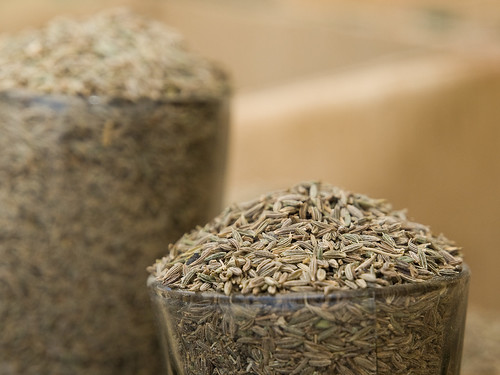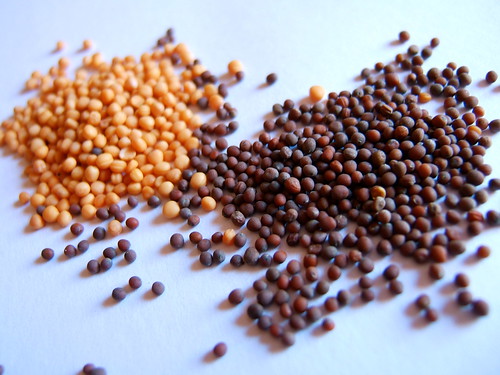Editor’s note: In Context is a new series designed to inform and educate you on Heifer’s work in each country we have a presence. Every two weeks we’ll tackle a different country and examine unique situations related to hunger and poverty, how Heifer works to address them as well as take some time to explore local culture and traditions.
Indian food is rich, aromatic and very, very flavorful. The key to Indian cuisine lies in five spices: Turmeric, Red Chili, Cumin, Mustard seeds and Coriander.

In addition to being responsible for a bonafide flavor explosion, these spices have been used to cure various ailments since ancient times.

Turmeric has been used for over 2500 years in India.
Known for its anti-inflammatory properties, this spice:
Cumin is an antioxidant and is thought to prevent osteoporosis. Studies are being done on the spice's effect on diabetes. When orally dosed, its effect on diabetes in lab mice show that cumin prevented cataracts.

Not a fan of curry? You can still incorporate cumin in your diet by substituting it for black pepper.
Coriander (the seeds of the cilantro plant) has components of 11 essential oils and six types of acids, ascorbic acid, better known as vitamin C, is one of them. Coriander is anti-carcinogenic, anti-convulsant and anti-histaminic.

Among other ailments, it is used to treat:
Mustard seeds are among the oldest known herbal remedies. They're a great source of selenium, magnesium and omega 3 fatty acids, and like the other spices, it is an anti-inflammatory. Other benefits include:

Capsaicin, the active ingredient in chili peppers (and what makes it hot), offers a ton of health benefits. The more capsaicin a pepper has, the hotter, and, if you can handle the heat, the better it is for you.
Capsaicin:
